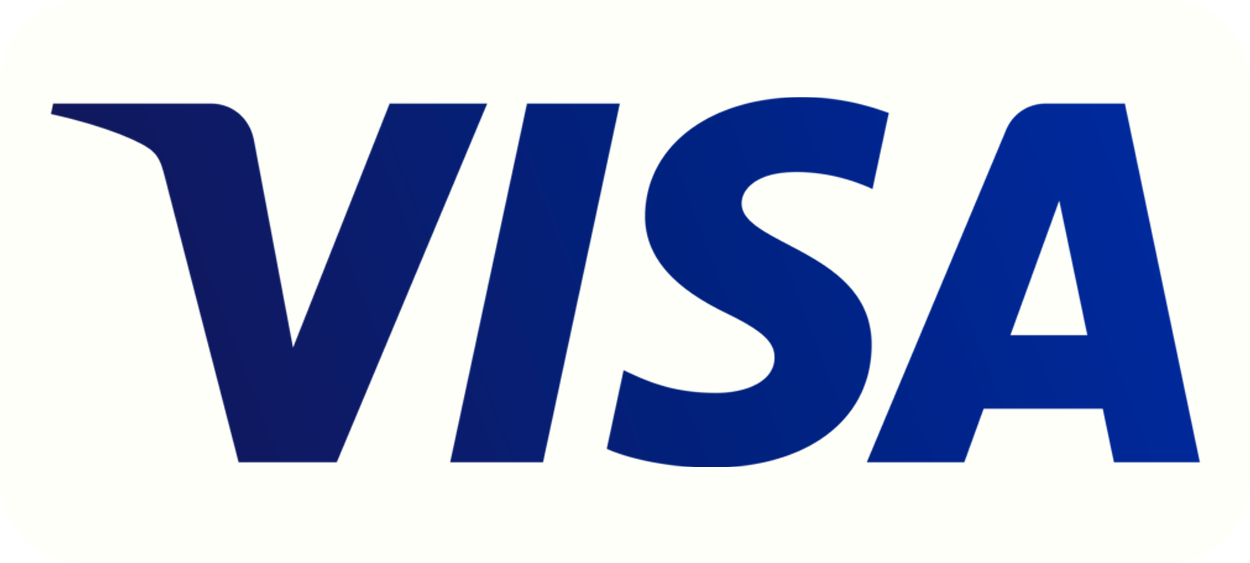Preventing Toilet Blockages: Tips And Tricks For A Trouble-free Toilet
A blocked toilet can be a major inconvenience and source of frustration for homeowners. Fortunately, many toilet blockages are preventable with the right knowledge and habits. In this article, we’ll explore preventive measures and offer valuable tips and tricks to help you avoid future toilet blockages, ensuring a smoothly functioning toilet.
1. Mindful Flushing:
One of the primary causes of toilet blockages is the flushing of inappropriate items. To prevent blockages, teach your household members to flush only toilet paper and human waste. Items like paper towels, facial tissues, sanitary products, and baby wipes should be disposed of in the trash can, not the toilet.
2. Use Toilet Paper Sparingly:
While toilet paper is designed to break down in water, using excessive amounts at once can lead to blockages. Use toilet paper sparingly and in reasonable amounts. If you need to use more, flush in stages to prevent clogs.
3. Regular Maintenance:
Regular maintenance can go a long way in preventing toilet blockages. Consider performing occasional drain cleaning using a toilet auger or a drain snake to clear any buildup in the pipes. This maintenance will help ensure water flows freely through the system.
4. Water-Saving Toilets:
Consider replacing your old toilet with a water-saving or low-flow model. These toilets use less water per flush, which can reduce the risk of blockages while conserving water and lowering your utility bills.
5. Be Cautious with Hair:
Hair is a common culprit in toilet blockages. To avoid this issue, be cautious when cleaning hairbrushes or combing your hair near the toilet. Dispose of hair in the trash rather than letting it go down the drain.
6. Install a Drain Screen:
To prevent hair, small items, or foreign objects from entering the toilet’s drain, consider installing a drain screen or strainer. These inexpensive devices can catch debris before it reaches the pipes and can be easily cleaned or replaced.
7. Avoid Chemical Drain Cleaners:
Chemical drain cleaners are harsh on your plumbing and can damage pipes over time. Additionally, they may not effectively clear blockages. Instead of relying on chemical cleaners, use a plunger or a drain snake, or call a professional plumber for tough blockages.
8. Regular Plumbing Inspections:
Regular plumbing inspections by a professional plumber can identify potential issues before they become blockages. Consider scheduling yearly inspections to catch and resolve problems early, preventing significant blockages.
9. Install a Bidet or Bidet Attachment:
Bidets or bidet attachments are effective at cleaning after using the toilet without the need for excessive toilet paper. By reducing your reliance on toilet paper, you can lower the risk of blockages.
10. Provide Clear Instructions:
If you have young children or guests in your home, provide clear instructions about what should and should not be flushed down the toilet. Educating everyone about proper flushing habits can go a long way in preventing blockages.
11. Check for Leaks:
Leaking pipes or a running toilet can waste water and lead to blockages over time. Regularly check for any leaks and have them repaired promptly to maintain proper toilet functionality.
In conclusion, blocked toilets are common but avoidable plumbing issues. By practicing mindful flushing, using toilet paper sparingly, performing regular maintenance, installing water-saving toilets, being cautious with hair, using drain screens, avoiding chemical drain cleaners, scheduling plumbing inspections, considering bidet options, providing clear instructions, and checking for leaks, you can significantly reduce the risk of future toilet blockages. Following these preventive measures and forming good flushing habits will help keep your toilet trouble-free and your plumbing system in excellent condition.

 or pay later with
or pay later with 












































